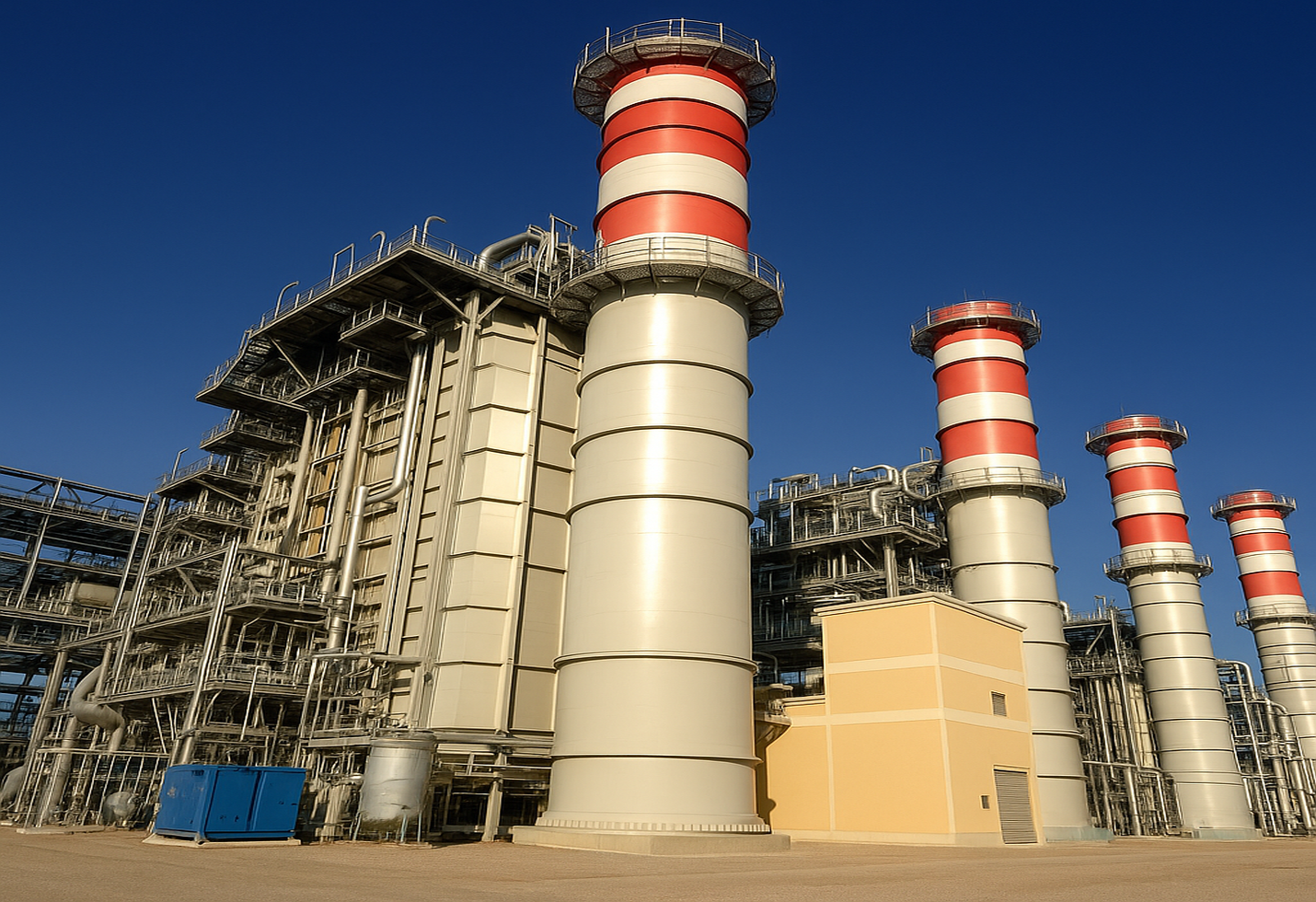Torrent Power Secures 300 MW Wind
Torrent Power’s Major Wind Energy Win
Torrent Power, a leading Indian power utility company, has secured a significant milestone with the award of a *300 MW wind energy project* from the Solar Energy Corporation of India (SECI). As part of this deal, the company has committed to an investment of *₹72,650 crore* to develop the project. This win strengthens Torrent Power’s position in India’s renewable energy sector and showcases its commitment to transitioning towards cleaner and more sustainable power solutions.
SECI and the Importance of Wind Energy Projects
SECI helps channel both government and private sector investments into large-scale solar and wind projects, which are crucial for India’s ambitious target to reach 500 GW of renewable energy capacity by 2030.
Wind energy has emerged as a critical component in achieving these targets. India is already one of the world’s largest markets for wind energy, and the 300 MW project awarded to Torrent Power will play a vital role in meeting the nation’s renewable energy goals.
Details of the 300 MW
While the specific location is yet to be disclosed, it is expected to leverage the country’s vast untapped wind potential, primarily located along the western and southern coastlines.
The project is expected to have a *long-term positive impact* on the company’s revenue and will enhance its renewable energy portfolio. Torrent Power plans to integrate this wind energy capacity with its existing generation facilities, which already include significant investments in both thermal and solar power.
This wind project will contribute substantially to India’s clean energy capacity and will be a key addition to the company’s overall renewable energy strategy, complementing its ongoing solar and hydroelectric initiatives.
Financial Commitment: ₹72,650 Crore Investment
Torrent Power’s commitment to invest *₹72,650 crore* in this wind project is a major financial step. This substantial investment will be directed toward the *development of infrastructure*, procurement of turbines, and installation of technology necessary to ensure the project operates efficiently and delivers clean energy for years to come.
The investment also signals confidence in the future of India’s wind energy market, with government incentives and increasing demand for renewable energy driving growth. The commitment further supports the company’s goal of achieving *green energy diversification* and contributing to India’s transition to a low-carbon economy.
What This Means for Torrent Power and India’s Energy Future
This development aligns with India’s renewable energy ambitions and Torrent Power’s broader corporate strategy. By securing this wind project, Torrent Power is not only expanding its portfolio but also contributing to the larger objective of reducing the country’s reliance on fossil fuels.
For India, the growing investments in wind energy indicate a clear shift towards sustainability and environmental responsibility. The country is taking significant strides towards meeting its climate commitments and renewable energy targets, and projects like this one are central to achieving those goals.
Conclusion:
Torrent Power’s 300 MW wind project win from SECI is a significant step in the company’s renewable energy journey and a positive indicator for the Indian energy market as a whole. The ₹72,650 crore investment showcases Torrent Power’s long-term vision to diversify its energy mix and contribute meaningfully to India’s renewable energy future. This project will not only add substantial capacity to the national grid but also underscore the growing importance of wind energy in India’s energy landscape.
:
The image added is for representation purposes only


